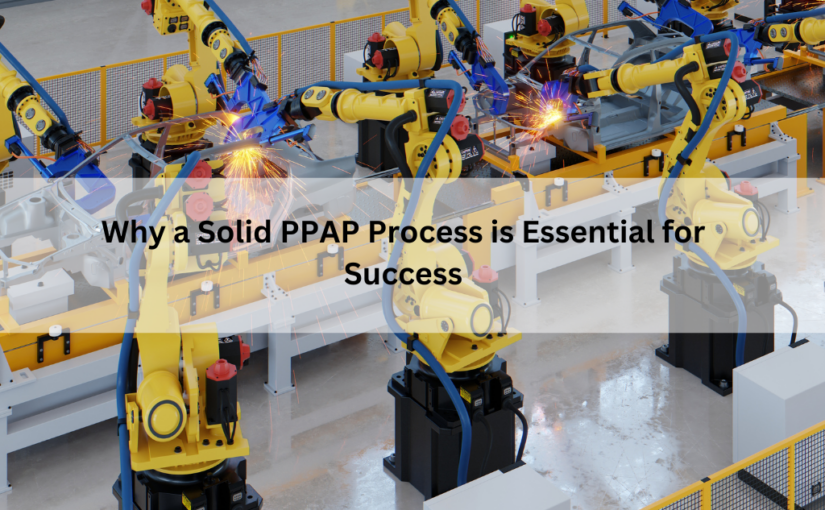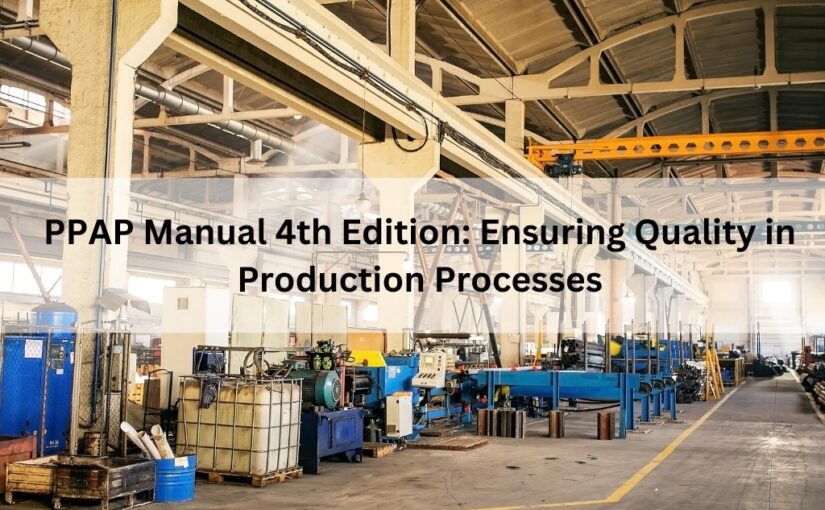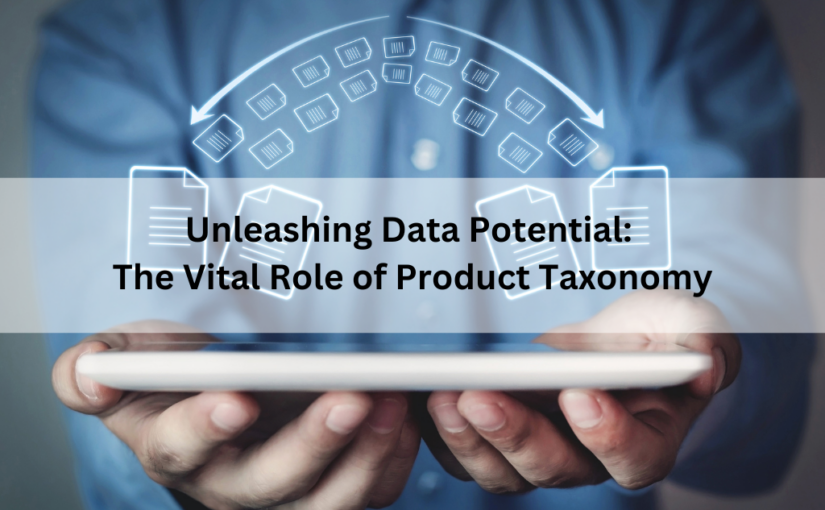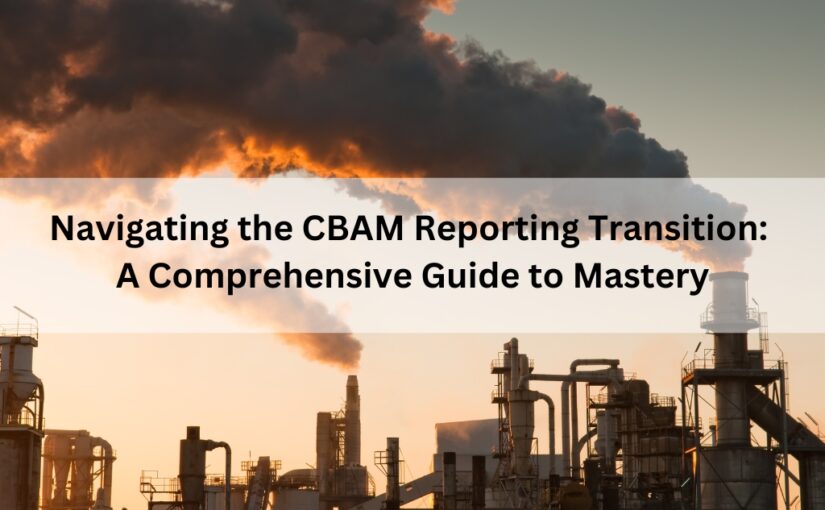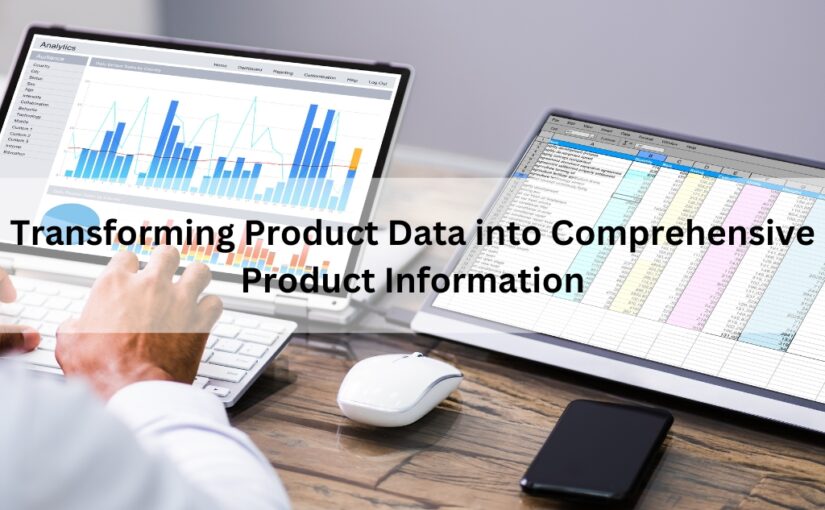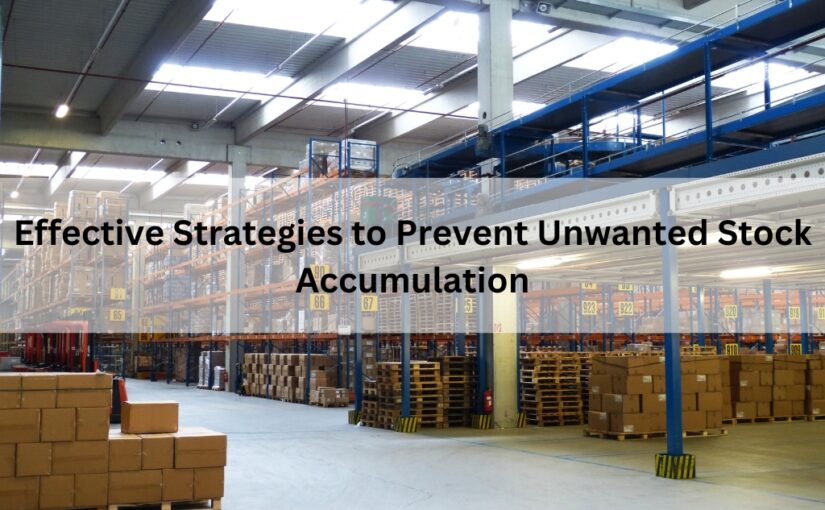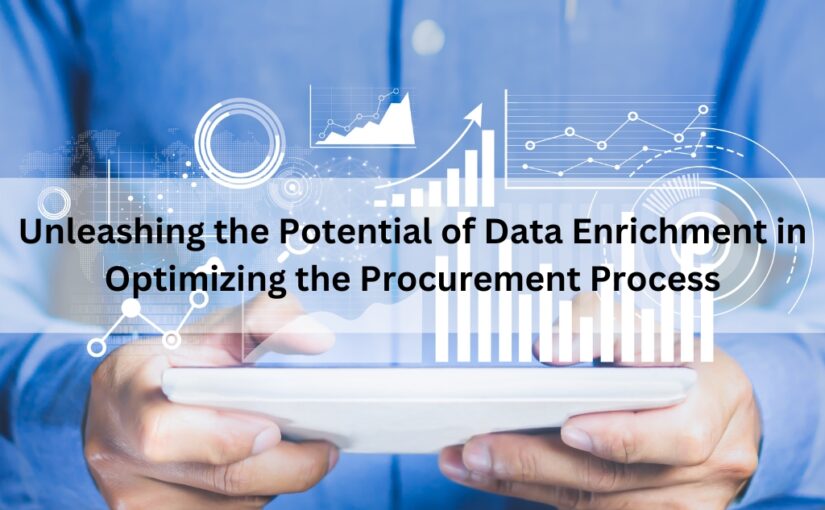Factors to consider – while choosing a supply chain software

An efficient supply chain management is always empowered by an effective software to manage the overall supply chain activities of an organization such as supplier relationship, better inventory management, real-time spend visibility and enhance spare part availability.
Technological advancements through an SCM software will significantly reduce the resource overheads, thereby reducing people dependency. It is imperative for all asset-intensive organizations to consider some key factors while choosing a Supply Chain Management software.
Most important factors for Supply Chain Management Software:
- Compatibility with business: While comparing various SCM software, identify one that will work with their current supply chain system. It is unlikely that the organization will be able to get out completely unscathed when it comes to data migration and other necessary tweaks in the current system. The goal is to find software that is the least disruptive to the current system.
- Integration with ERP systems: As businesses grow and develop, they adopt various solutions to manage their operations, and these tools, such as ERP software, become ingrained into their processes over time. It is crucial for asset intensive organizations to select a supply chain software that can integrate quickly and seamlessly with existing ERP systems.
- Supplier Data and Logistics: One should also consider how well the SCM works with their suppliers and shippers’ systems. The goal is to find a product that is harmonious with all the other systems that their group works with.
- Highly Customizable: The ability to have high customization options built-in for a particular industry. Some of the industries may need a unique supply chain set of features to describe or classify and differentiate their inventory. For example, if the industry is in perishable goods, the software has to be built to take into consideration of the critical time frames that are involved in the storage and warehousing. Other examples include pharmaceutical companies that have to be able to take the supply chain from raw materials to the finished products. Luxury items that require special serialization or commodities that are highly focused on timelines also have special SCM requirements. All these businesses have unique problems that they are trying to overcome in the supply chain, but they are all different problems with a different focus.
- Reliability of the Vendors: The technical history and after sales and becomes the vital aspect while choosing a service provider. Factors such as – how long the vendor has been in the field and it is important to look into the support services provided by the vendor like implementing, upgrading, and maintaining the software to avoid a malfunction that may disturb the Supply Chain process of an organization.
- User-friendly and intuitive interface: Successful digital transformation of your supply chain depends upon a lot of factors, not least degree to which your organization’s need to adopt emerging technologies with Artificial Intelligence and Machine Learning. Salient Features like real-time data sharing, interactive dashboards, and a control center to manage the supply chain status in one touch, are worth considering.
If you’re looking to implement or migrate your ERP / EAM / CMMS software as part of your digital transformation, talk to one supply chain optimization experts and learn more how your software can help in Cost Reduction, Plant Reliability, and Inventory Optimization.

